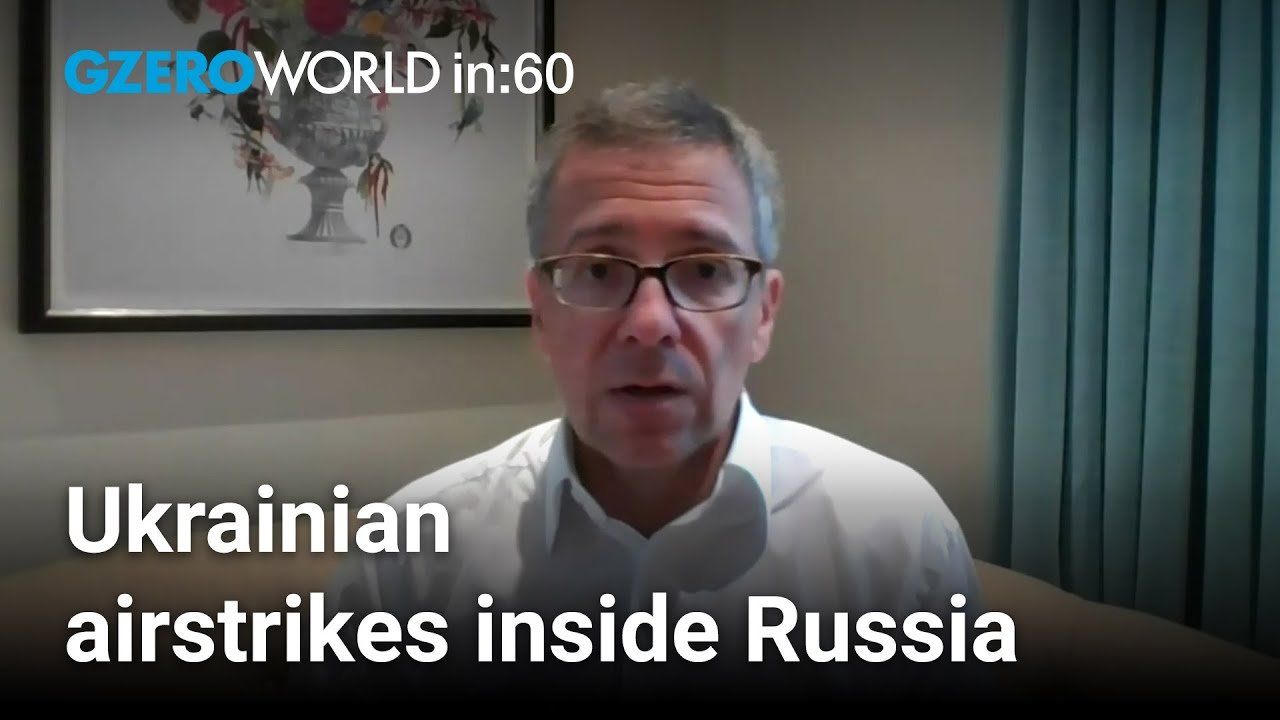Will Ukrainian airstrikes inside Russia shift the war?
Possibly. They will make it harder, a lot harder for the Russians to take or advance on Kharkiv further, which is the second largest city in Ukraine, millions of people near the front lines. And if the Russians were to take it or destroy it, level it, you'd have millions of refugees that would be streaming out and into neighboring countries. Not something anyone in NATO wants to see. That is what is less likely to happen, because the Ukrainians can now hit Russian targeting outside of Ukraine.
How might India's trajectory evolve if Modi secures a third term in office?
Looks certainly very likely he's going to get a third term. That's what we've been thinking all the way through. And another five years means strong economic policymaking. Consistency from a Modi who has wanted to make India more investable, a Modi that has wanted to make India more attractive to partners, multinational corporations, financial institutions all over the world. Having said all of that, he has been much more pro-business than pro-competition. And that, of course, makes ultimately India less attractive as a market participant and certainly for a lot of companies, as India grows than it might otherwise be. Still, you're talking about the fifth largest economy in the world on track to becoming the third, growing at 7-8% a year, from a very low base for the next decade. Modi's leadership in India certainly makes you want to bet more on India, not less.
What is the likelihood that Israel and Hamas will agree to Biden's proposed cease-fire deal?
On balance, I still think it's pretty low, in part because the Israelis are not prepared to accept a shift to a permanent cease-fire until Hamas is destroyed. It's not just about Hamas not being able to engage in an October 7th attack again, as Biden has suggested. And that is an arrangement that Hamas is much less willing to sign on to. So, right now, at least, it seems the overlap between the interests of the two combatants, is not yet at a place where we can see a deal.
More For You
With close ties to both the US and China, can Singapore survive in an increasingly fragmented and chaotic world? Singapore’s President Tharman Shanmugaratnam joins Ian Bremmer on the GZERO World Podcast.
Most Popular
Think you know what's going on around the world? Here's your chance to prove it.
This week, Prime Minister Keir Starmer became the first UK leader to visit China in eight years. His goal was clear: build closer trade ties with Beijing.
